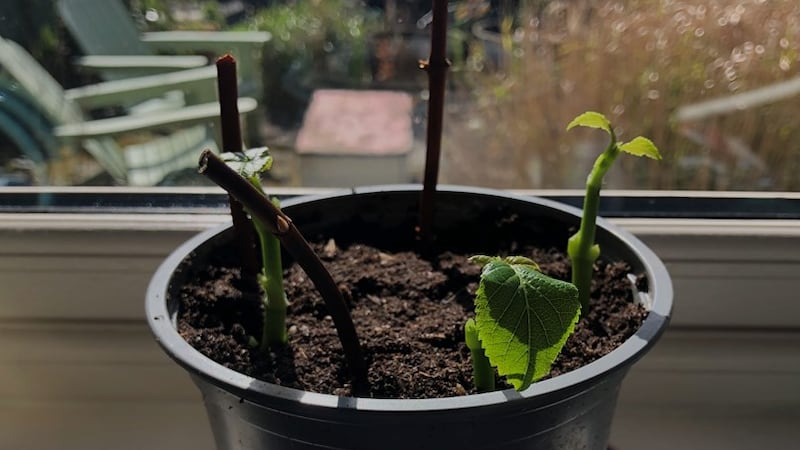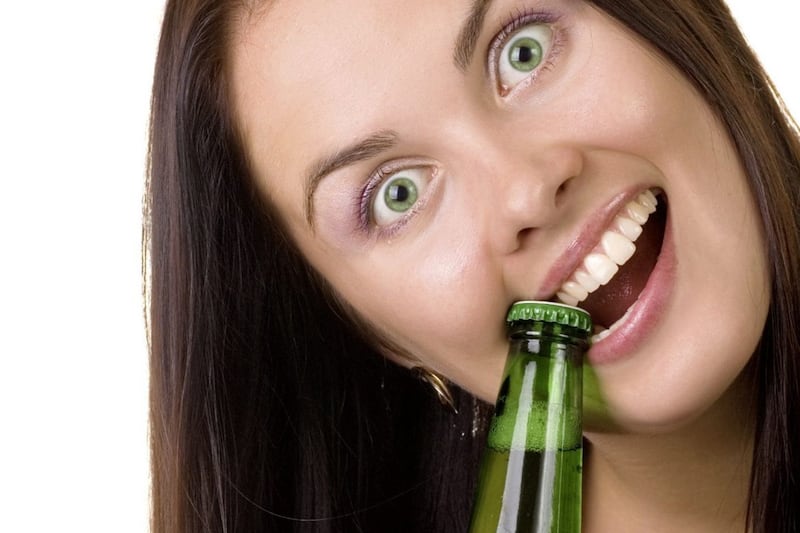COULD all the excitement generated by TV baking programmes such as The Great British Bake Off have sparked today's epidemic of cake munching in the office?
It seems that the deluge of iced treats is no longer constricted to special occasions like birthdays and leaving dos; just about any hint of a 'different' day like 'Dress down Fridays', 'Midweek Wednesdays' and even 'Happy Mondays' seem to justify gateaux gobbling in the workplace.
But beware – this seemingly innocuous pastime of cake snacking is contributing to tooth decay, according to Professor Nigel Hunt, dean of the faculty of dental surgery at the Royal College of Surgeons.
It appears that the message from the French famine 300 years ago 'Let them eat cake' is enduring today in our office culture.
“Managers want to reward staff for their efforts, colleagues want to celebrate special occasions and workers want to bring back a gift from their holidays. But for many people, the workplace is now the primary site of their sugar intake and is contributing to the current obesity epidemic and poor oral health.” Prof Hunt said.
Tooth decay is reaching crisis proportions in the UK, with Northern Ireland experiencing it the worst. For example, 72 per cent of 15-year-olds in Northern Ireland have tooth decay, compared to 63 per cent in Wales and 44 per cent in England. Snacking on sugary and starchy food and drinks during the day, particularly between meals, can be especially dangerous as the bacteria in plaque feed on those carbohydrates to produce acid that causes tooth decay.
The frequency of sugary foods, more than the amount of sugar that you consume, causes the most damage. After you eat a sugary snack your mouth becomes more acidic, which causes the teeth to soften. After two hours, if you don't eat, saliva will naturally neutralise your mouth. So if you are continually snacking then the teeth never get a chance to reharden.
Yet Prof Hunt doesn’t feel legislation is necessary to stop the threat.
“I’m not saying we need to ban such treats. But we do need a change in culture,” he said.
“When people are going out to the shops and buying cake and sweets, they should at least consider buying smaller quantities and making them only available with lunch meals. Ideally, office workers should consider other alternatives together like fruit platters, nuts, or cheese.”








